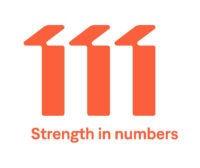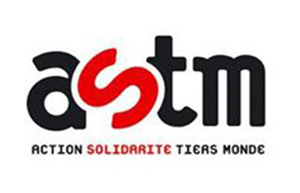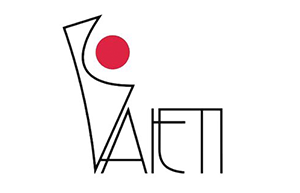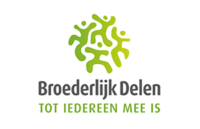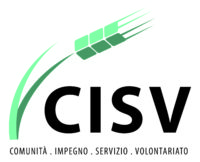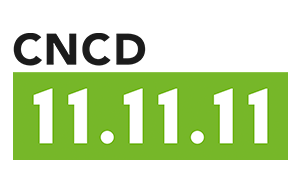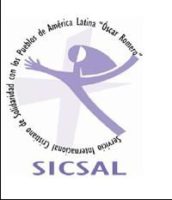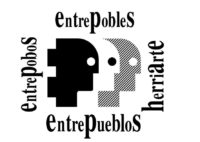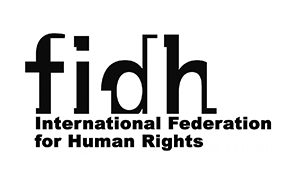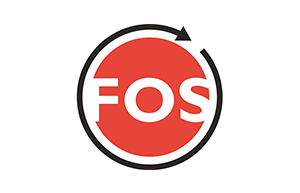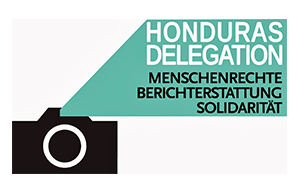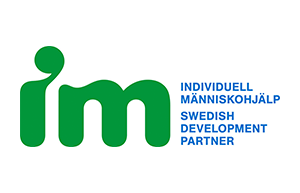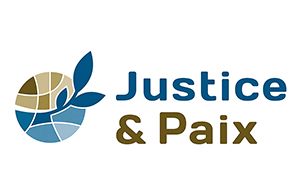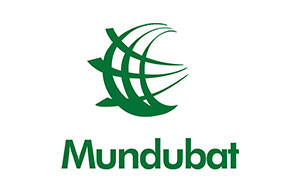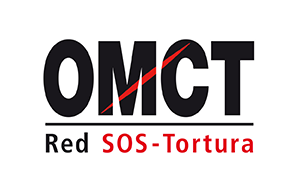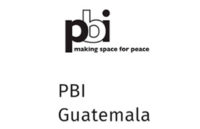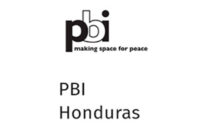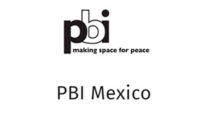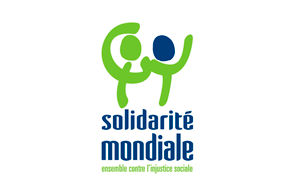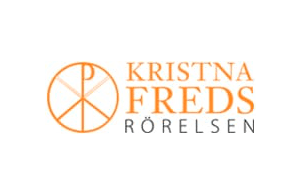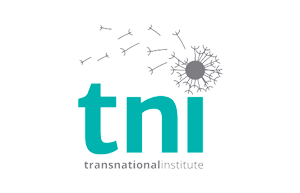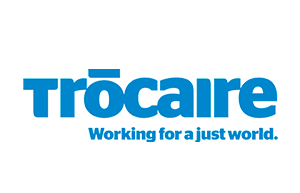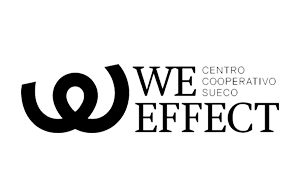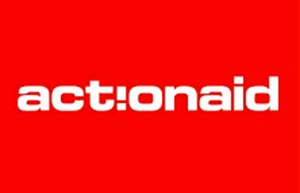CIFCA was founded in 1991 as a diverse network of European civil society movements and organizations that promotes solidarity among Central America, Mexico and Europe. It aimed at promoting participatory European policies that contribute to the respect and protection of human rights, participatory democracy and sustainable and inclusive development in Central America and Mexico. Grupo Sur was a political alliance between European NGOs that share objectives and strategies for building solidarity alternatives for development aid between the European Union and Latin America and the Caribbean. Grupo Sur carries out awareness raising activities and advocacy work with the EU and its member states from a feminist and human rights perspective.
Mision and vision
Mission
The mission of the EU-LAT Network is to promote the transformation of European policies with Latin America so that human rights are respected, protected and promoted in the areas of political dialogue, development cooperation and trade and investment. The EU-LAT Network carries out its reflection, learning and political action within the framework of relations between the EU and Latin America, promoting strategic alliances with other key actors in the EU, in Latin America and globally.
Vision
The EU-LAT Network aims to be an active, relevant, influential, robust and inclusive network, which acts as a reference point network for both civil society and political decision-makers in Europe for advocacy and dialogue, with robust alliances with other social actors, to transform EU-Latin America relations.
What we do
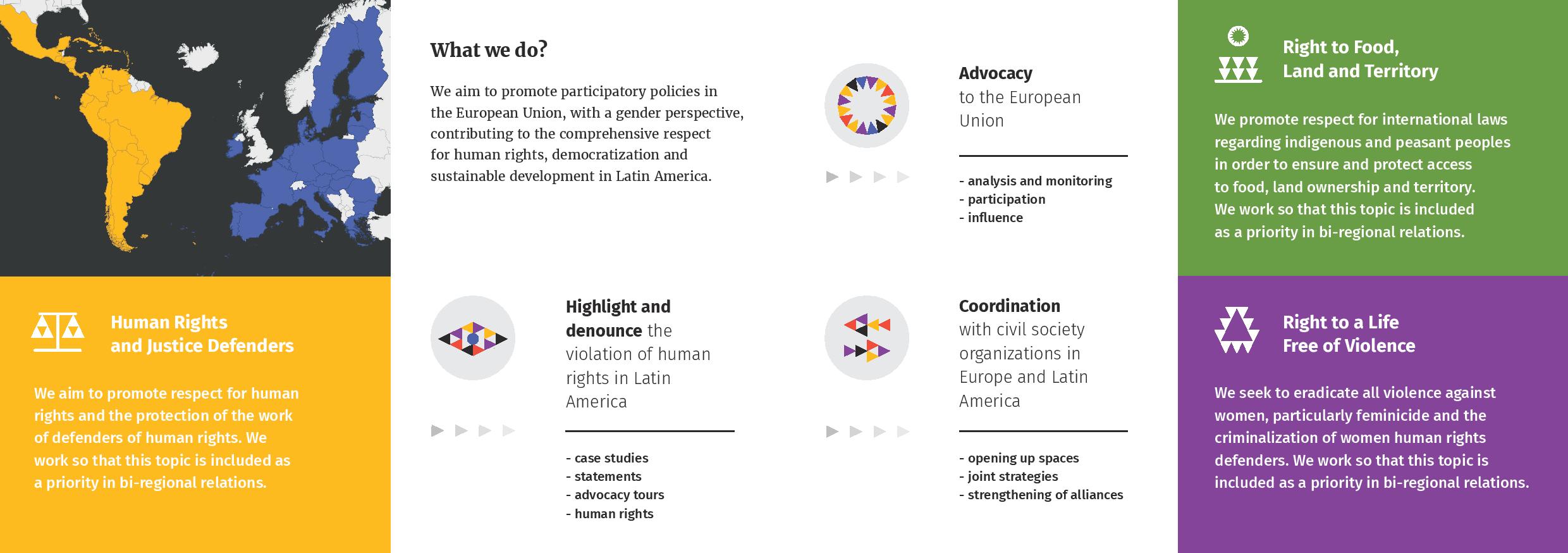
PEQ

Structure
The EU-LAT Network is composed of a General Assembly, an Executive Secretariat, a Board of Directors, a President and Working Groups.
General Assembly
The General Assembly is the network’s highest decision-making body and is composed by all members, with one vote each one. It elects the President and defines the political and strategic direction of the network. The General Assembly may establish Working Groups, depending on the areas and specific objectives defined by it.
Executive Secretariat
The Executive Secretariat, based in Brussels, is responsible for coordinating the lobby strategies and the network’s internal work . It guarantees the achievement of the objectives and strategies established by the General Assembly and the Annual Work Plan.
Board of Directors
The Board of Directors is composed of seven directors, of which 6 belong to member organizations and one is an individual member, elected by the General Assembly. It monitors the work of the network and guides the Executive Secretariat in defining the network’s Strategic Plan and Work plan. It has the political responsibility to ensure the consistency of activities undertaken by the network.
The Board of Directors is composed of:
Giovanna Tejido Vásquez, President of the EU-LAT Network. PBI Honduras.
Alèx Guillamón, Entrepueblos.
Annika Andersson, We Effect.
Asier Hernando Malax-Echevarria, individual member.
Cristina Guevara, Protection International.
Jana Van Braeckel, 11.11.11.
Finance
BNP-Paris Bas Fortis Bank SA, Montagne du Parc
3, B-1000 Bruxelles, Belgium
Swift/BIC: GEBABEBB
Number: BE78 0352 3391 0386
Clear accounts
The EU-LAT Network is composed of 40 organizations from 12 European countries and individual members.
The EU-LAT Network is also a member of the Human Rights and Democracy Network (HRDN) an informal grouping of NGOs operating at the EU-level in the broader areas of human rights, democracy and conflict prevention.

